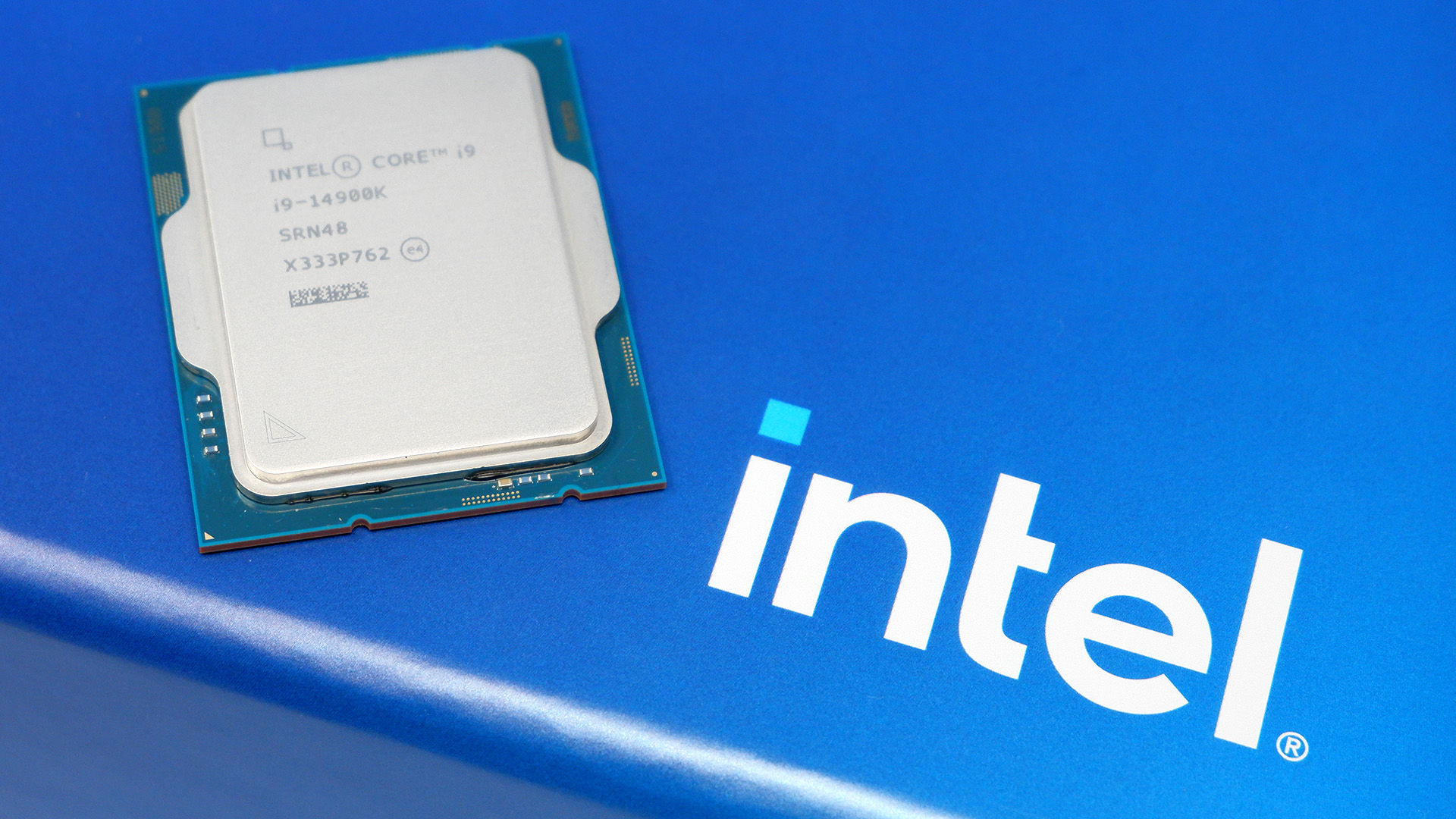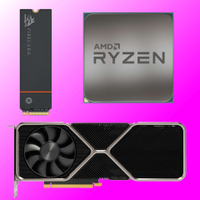Intel has no plans to recall those crashing 13th and 14th Gen CPUs, hasn't halted sales, and the damage to affected chips may be permanent
No recall, no halting of sales, and no comment on warranty extensions.

If you're an Intel chip owner affected by CPU crashing issues, you'll likely have been pleased by the official news from Intel last week that it was going to be delivering a microcode patch to address the root cause of exposure to elevated voltages.
However, The Verge asked Intel if it was planning a recall of chips already affected, and the answer seems pretty definitive. Not only will it not be recalling the affected CPUs, but it has not halted sales and has yet to comment on whether it might extend its warranty.
Not only that but if recent reports are to be believed, the damage to affected CPUs may be permanent. According to Tom's Hardware, while the microcode patch is expected to prevent crashing on processors yet to be affected by the issue, it will not fix chips that are already damaged.
When asked specifically by The Verge whether affected CPUs were "living on borrowed time", Intel spokesman Paul Hannaford said:
"Intel is confident that the microcode patch will be an effective preventative solution for processors already in service."
Hannaford continued: "It is possible the patch will provide some instability improvements to currently impacted processors; however, customers experiencing instability on their 13th or 14th Generation desktop processor-based systems should contact Intel customer support for further assistance."
The spokesman confirmed that Intel Core 13th and 14th Gen desktop processors with a 65 W or higher base power could also be affected, including all K/KF/KS and non-K variants.
The biggest gaming news, reviews and hardware deals
Keep up to date with the most important stories and the best deals, as picked by the PC Gamer team.
Intel still recommends that users yet to receive the update adhere to Intel Default Settings on their desktop processors and keep their BIOS up to date and that once the patch has been released to partners, immediately check for relevant BIOS updates. A production microcode updated to Intel's OEM customers is targeted for "mid-August or sooner."
If your chip has already been affected, Hannaford suggests that users continue to reach out to Intel Customer Support for further assistance. However, no answer has yet been given as to what proof customers would need to share to obtain an RMA for a damaged CPU with this issue.
Essentially, if you've been experiencing crashing issues with your Intel 13th or 14th generation chip then it's down to you to contact Intel and raise an RMA request. If you're not sure if your particular CPU has been affected, Intel has been recommending a Robeytech video on Reddit with instructions to potentially help identify problems.
Given the scale of the issue here and the furore around it, it seems like a more definitive recall would be the correct move to keep customers happy, along with warranty extensions and more to help resolve affected users' issues. By the looks of these statements, however, Intel seems to be digging in, and while BIOS updates may be on their way, those with an Intel CPU that's already affected look to be facing a potentially lengthy RMA procedure to replace their damaged chips.
Best CPU for gaming: Top chips from Intel and AMD.
Best gaming motherboard: The right boards.
Best graphics card: Your perfect pixel-pusher awaits.
Best SSD for gaming: Get into the game first.

Andy built his first gaming PC at the tender age of 12, when IDE cables were a thing and high resolution wasn't—and he hasn't stopped since. Now working as a hardware writer for PC Gamer, Andy's been jumping around the world attending product launches and trade shows, all the while reviewing every bit of PC hardware he can get his hands on. You name it, if it's interesting hardware he'll write words about it, with opinions and everything.


